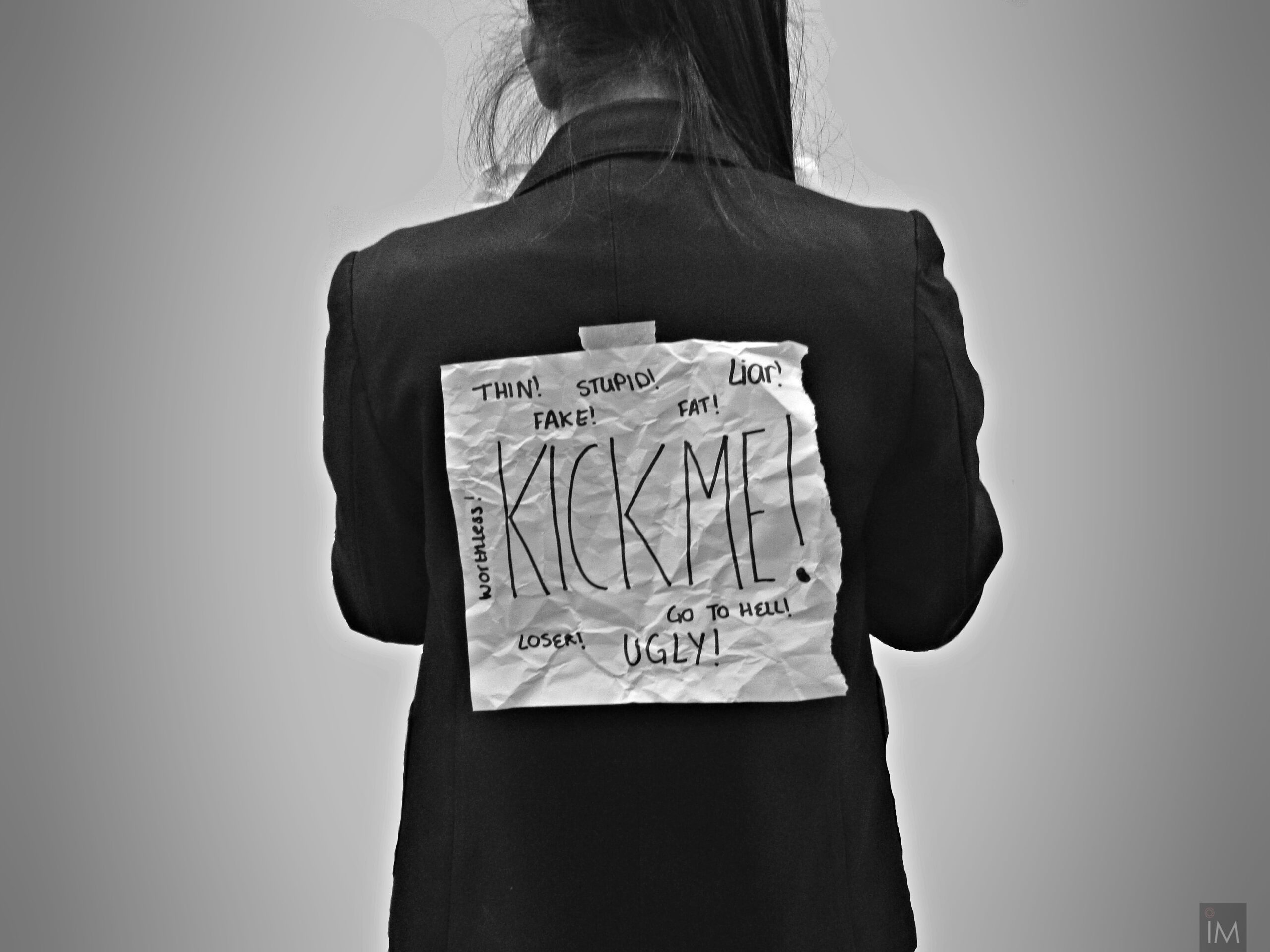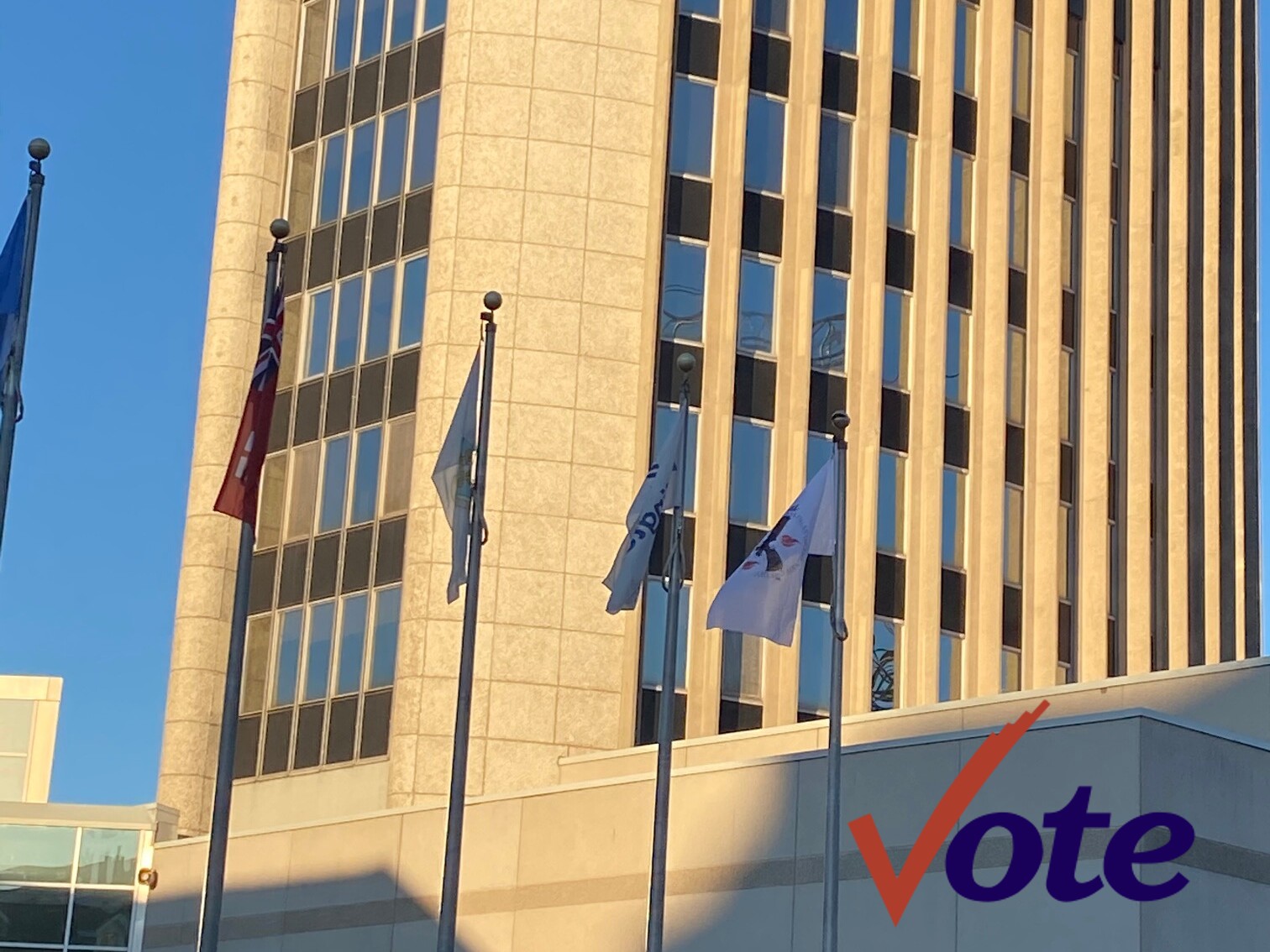By Maisha Hasan, Local Journalism Initiative Reporter
It’s a story regurgitated a thousand times, through a thousand different voices, all diluting into the toxic sheen glossing over teenagers’ phone screens. And it happens throughout Halton’s schools.
Social media gossip accounts.
The posts are littered with anonymous confessions from fellow students, echoing the chatter in the halls, or worse, the words exchanged in private conversations. If you’re lucky, you get to be a bystander, someone who revels in the sheer horror of these posts. You get to laugh and you might even send in a tip yourself; nobody will find out it was you, anyway. But if you accidentally get on someone’s radar, perhaps just by merely existing, you will be posted, most likely humiliated, for all to see.
The aftermath can range from a student wanting to lay low for a while, to more long-term issues, including physical and mental ailments, particularly if students are recurring targets. Though I personally, as a current high school student, have thankfully not been targeted by these petulant accounts, I have seen their rough play, knocking down students in the atrium. Having their innermost secrets and privacies aired out in public over and over again is degrading. These are fragile teenagers, or even younger students, whose worst mistakes or even misguided spur-of-the-moment actions are constantly reported on.
I interviewed a student who has been through this social stoning. Though she was willing to share her story, she asked to remain anonymous, so her name has been changed for privacy. I’ll call her Jane Waldorf.
Jane is just like any other teenage girl, in the sense that every teenage girl shines, with reflections of Sephora receipts and country music playlists beaming off of her. She is a pillar of support for her friends, a standout student, and a steady, reliable employee at her part-time job. None of this seems to matter in terms of saving Jane from her unfortunate turn as anonymous online gossip fodder.
In the middle of her junior year, one that is already so rushed and busy, something happens. A ping goes off on her phone. The comment is lewd and brazen, and the rest is history. Her shining personality, her work ethic, everything is reduced to rust.
Here is what we talked about. Some answers have been lightly edited for clarity and length.
What was posted about you?
On a gossip account about my school, someone posted that I “make my boobs my entire personality.”
When did you first hear of this account?
I first heard of this account when a friend showed me what they posted about someone else.
How did the post make you feel?
Honestly, this event made me embarrassed and self-conscious. I felt scared to go to school the next day because I knew people would be talking about it…I was over it. I didn’t want to feel even more humiliated than I already was.
Did people make you feel like it wasn’t a big deal?
I think everyone who saw it probably laughed then forgot, but my friends all knew how it made me feel and we all agreed that it was weird. Nobody made me feel like it was a big deal, other than myself — overthinking and worrying that everybody would be talking about me.
Ever find out who was behind it?
I never did find out who was behind the account. I asked around and nobody ever found out who they were. I feel like people are going to remember it, causing this constant social anxiety to this day.

Gossip accounts didn’t start with Gossip Girl, the show where annoying, gorgeous, and rich white teens drunkenly cheat and do drugs. Rather, they started with the emergence of the web and old relics like MySpace. The most famous gossip account would be Instagram’s DeuxMoi, a celebrity gossip account where people send in tips and spottings, dimming the light we shine on DiCaprio and his ilk. Local gossip accounts replicate this template, but instead of celebrities, fellow students are the targets.
But there is a question to be asked about access to information versus the right to privacy. Do we have a right to know? Gossip has existed since the early centuries as a method to communicate and connect with other human beings. In a study aptly named “Gossip in Evolutionary Perspective” by evolutionary psychologist and biological anthropologist R. I. M. Dunbar, he argues that “gossip is what makes human society as we know it possible.” He goes on to note that as primates, it is in our DNA to socialize, collaborate — and form alliances as a means of survival. Dunbar suggests that gossip is part of alliance-building.
However, there is a line to be crossed between harmless gossip and a breach of privacy, as well as truly hateful words. Somewhere along that line, trivial gossip and bonding turns into vitriolic hatred — the need to expose and strip down someone’s worth. In the context of gossip accounts, these “harmless words” turn into slander and eventually, cyberbullying.
I next turned to the Halton Regional Police Service’s (HRPS) Tina Boyle, of their corporate communications department, to discuss these high school gossip accounts, cyberbullying, and how the law deals with this issue.
What is the definition of cyberbullying under the eyes of the law?
While there is no specific provision in the Criminal Code for cyberbullying, or even bullying more generally, cyberbullying is commonly defined as the use of information and communications technologies to support deliberate, repeated, and hostile behaviour by an individual or group that is intended to harm others. This behaviour may include name-calling, teasing, belittling, and social exclusion, most of which do not amount to criminal conduct. Having said this, when the bullying behaviour reaches the level of criminal conduct (e.g. threats or criminal harassment) there are provisions in the Criminal Code to address it.
Do school gossip accounts find a way to evade this?
Gossip accounts support and encourage cyberbullying, and are extremely hurtful and damaging. Police who investigate them are able to track backwards to identify where the information originates, and identify those responsible.
What makes gossip accounts so dangerous?
Gossip can hurt relationships, ruin reputations, and can be profoundly damaging to an individual or group’s well-being. Gossip via social websites is especially harmful because posted material can never be fully removed from the internet. Once the rumour or false information has been posted, the damage is done. Youths in particular are at risk of the effects of gossip accounts; whether it be via online retaliation, or in-person disputes that can escalate to physical confrontations. Victims of gossip are also at risk of anxiety, depression, post-traumatic stress disorder, panic attacks, guilt or even self-harm.
What are the consequences for those who get involved?
While individuals may attempt to hide behind the perceived anonymity of the internet, various investigative techniques exist that aid law enforcement in identifying the originator(s) of gossip accounts. Consequences can include suspension from school (at the school level), civil litigation, criminal charges (if the post contains threats or is harassing), and on conviction, criminal records, restrictions on accessing social media, and other conditions designed to prevent the commission of similar offences in the future.
The internet never forgets; information posted by individuals engaging in gossip may also impact potential future employment as employers often conduct online background checks.
What measures does the HRPS usually take?
The Halton Regional Police Service’s Cyber Crime Unit was developed in response to the rapid expansion of internet communications and social media platforms such as Twitter, Facebook, YouTube, Instagram, and LinkedIn. It plays a key role in supporting investigations that have an online or technical component to them, including those pertaining to cyberbullying.
How can the school work with police administration to ensure this doesn’t happen?
The Halton Regional Police Service works closely with all school boards in Halton to help ensure the safety and well-being of all students. These efforts range from high-level coordination of programming and response to local-level relationships focusing on the provision of materials to support school-level awareness campaigns and in-person presentations, in certain circumstances.
Your advice for the next time someone passes by a gossip account?
Our first advice is to not get involved in the posting of information on these accounts. These accounts can only survive if others are providing rumours/false information to be posted. Think twice before you post or pass along such information. Would you want this kind of information posted online about you? Second, report these accounts to a teacher or principal.This may be dealt with at a school level or possibly involve the police if the posts are serious enough. Words can have consequences — don’t start gossip and never share gossip shared with you.
At the end of the day, gossip will continue to flourish regardless of its platform and teenagers will continue to humiliate and berate. But, we have to wonder, what is the obsession with exposing and bullying online? What gives people the courage to be more brave when they’re behind a screen, and what do we do to stop it? These are questions up for each of us to decide, teenager and adult alike — we all face gossip and its lending hand to fake news, in the media and in life; what will you do when you’re next?
Sources:
Dunbar, R.I.M. 2004. Gossip in evolutionary perspective. Review of General Psychology 8(2): 100—110. Url: https://aptly.de/wp-content/uploads/2015/10/Dunbar20gossip.pdf (accessed Nov. 23, 2023).
Gordon, S. 2022. The real-life effects of cyber-bullying on children. Very Well Family. Url: https://www.verywellfamily.com/what-are-the-effects-of-cyberbullying-460558 (accessed Dec. 8, 2023).





